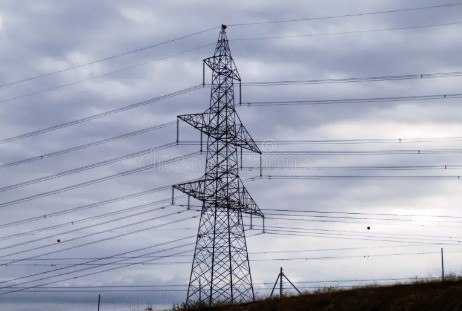Copyright timesca

A powerful earthquake that struck northern Afghanistan on November 2 caused significant destruction and disrupted electricity imports from neighboring Uzbekistan and Tajikistan, according to Da Afghanistan Breshna Sherkat (DABS), the country’s national power company. The earthquake damaged two major transmission lines, Nayibabad to Samangan and Kholm to Pul-e-Khumri, severing power supplies from Uzbekistan to several provinces, including Kabul, Baghlan, Parwan, Panjshir, Kapisa, Logar, Paktia, Ghazni, and Maidan Wardak. Electricity imported from Tajikistan to Kunduz was also interrupted, leaving large swathes of northern Afghanistan without power. Technical teams were immediately deployed to assess the damage and begin restoration work. The U.S. Geological Survey reported that the 6.3-magnitude quake struck at a depth of 28 kilometers near Mazar-i-Sharif. Tremors were felt across multiple provinces, including Samangan, Balkh, and the capital, Kabul. The cities of Aybak, Mazar-i-Sharif, Maymana, Takhar, Kunduz, and Sar-e-Pul experienced the strongest shocks. According to CNN, at least 27 people were killed and more than 950 injured, citing Dr. Sharafat Zaman Amar, spokesperson for Afghanistan’s Ministry of Public Health. The quake also damaged one of the country’s historic mosques in the north. DABS confirmed that electricity imports have now been fully restored, including the damaged 220-kilovolt transmission line from Tajikistan. On November 3, the company’s spokesperson told TOLONews that imports from both Uzbekistan and Tajikistan had been interrupted due to the earthquake. DABS representative Mohammad Sadiq Haqparast said, “Our technical teams are working diligently to restore both transmission lines as quickly as possible.” Following the disruption, Kabul residents urged the government to accelerate repairs, emphasizing that stable and reliable access to electricity remains a critical concern, particularly in the capital. Afghanistan is heavily reliant on imported electricity, receiving over 720 megawatts from Uzbekistan, Tajikistan, Turkmenistan, and Iran. These imports cost the country between $250 million and $280 million annually. Separately, on the sidelines of the International Conference and Exhibition on Energy, Construction Affairs, Industry and Development of Chemicals of Turkmenistan-2025, DABS General Director Dr. Abdul Bari Omar met with Turkmen Deputy Cabinet Minister Batur Amanov. Their discussions focused on key regional energy projects, including the 500 kV transmission line, the TAPI gas pipeline, and the electrification of Bala Murghab district. The meeting underscored the importance of regional cooperation in bolstering Afghanistan’s energy infrastructure.



